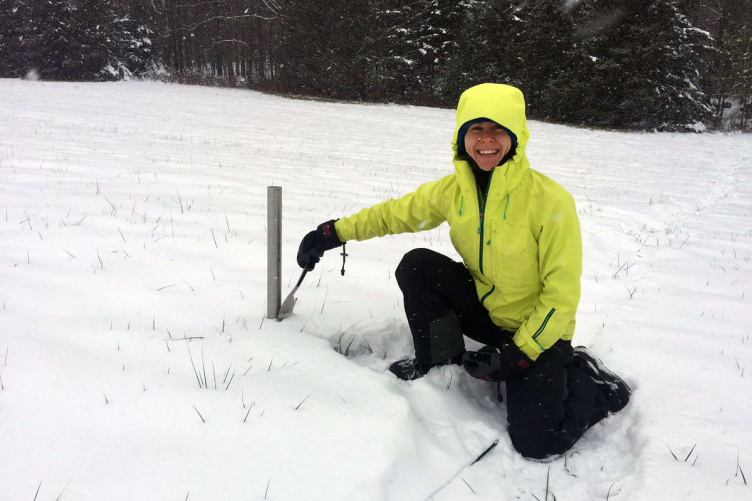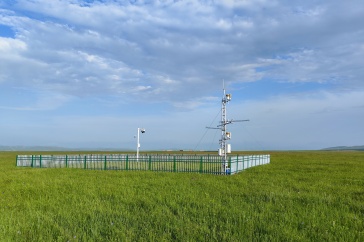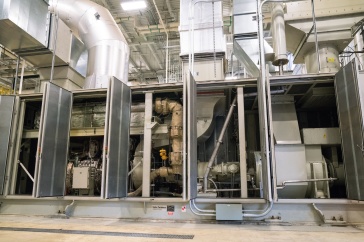
Elizabeth Burakowski, a research assistant professor in the Earth Systems Research Center, is a co-author on a recent study that looked at the economic impact of climate change on the winter sports industry. (Photo: Cameron Wake)
UNH research assistant professor Elizabeth Burakowski '07 co-authored a study from the organization Protect Our Winters that found climate change is affecting both the duration of winter and the accumulation and quality of snow, posing a significant risk to winter sports and to American jobs and the economy.
The report, The Economic Contributions of Winter Sports in a Changing Climate, shows the impact of climate change on the $20.3 billion snow sports industry, what the industry is doing to adapt and why urgent action is needed.
The report finds that low-snow seasons result in 5.5 million fewer visitors to ski towns than average, while higher than average snow years encouraged Americans to spend time outside in the winter — with significant economic benefits.
"Our report reveals that low-snow years can result in close to $1 billion in reduced economic activity and 17,400 fewer jobs.”
“Low snow hurts much more than big snow helps the economy,” says Burakowski, a researcher in the Earth Systems Research Center at UNH’s Institute for the Study of Earth, Oceans, and Space. “In high-snow years, our mountain communities can operate at full capacity. Our report reveals that low-snow years can result in close to $1 billion in reduced economic activity and 17,400 fewer jobs.”
The report puts an economic value to the significant shifts in winter temperatures, precipitation and snow and ice cover driven by a changing climate. It found that snowboarders, skiers and snowmobilers added an estimated $20.3 billion in economic value to the U.S. economy, through spending at ski resorts, hotels, restaurants, bars, grocery stores and gas stations.
This report updates a 2012 report from Natural Resources Defense Council and Protect Our Winters co-authored by Burakowski and UNH lecturer Matthew Magnusson.
-
Written By:
Beth Potier | UNH Marketing | beth.potier@unh.edu | 2-1566
-
Compiled By:
Robbin Ray ’82 | UNH Marketing | robbin.ray@unh.edu | 603-862-4864



















































